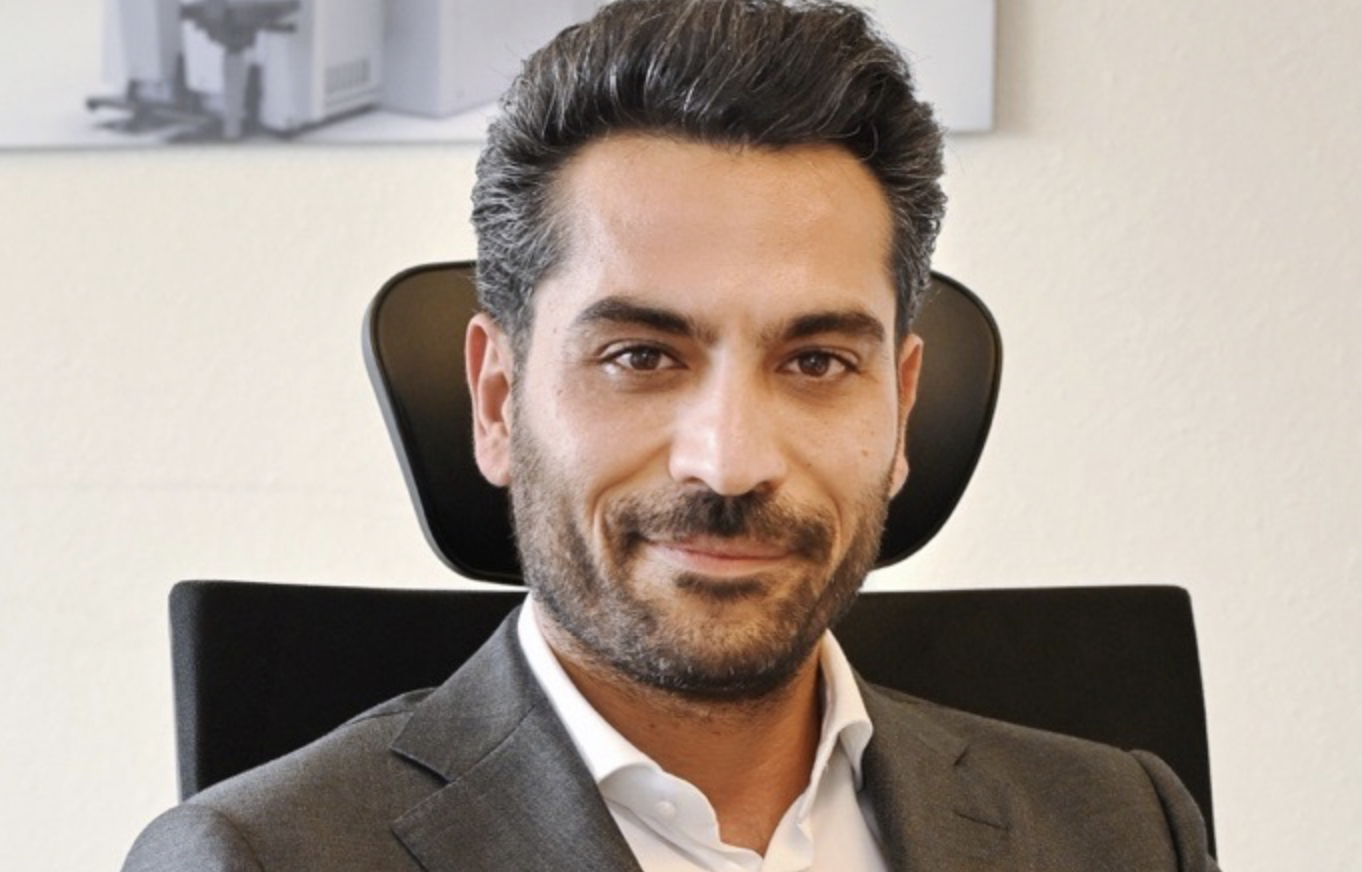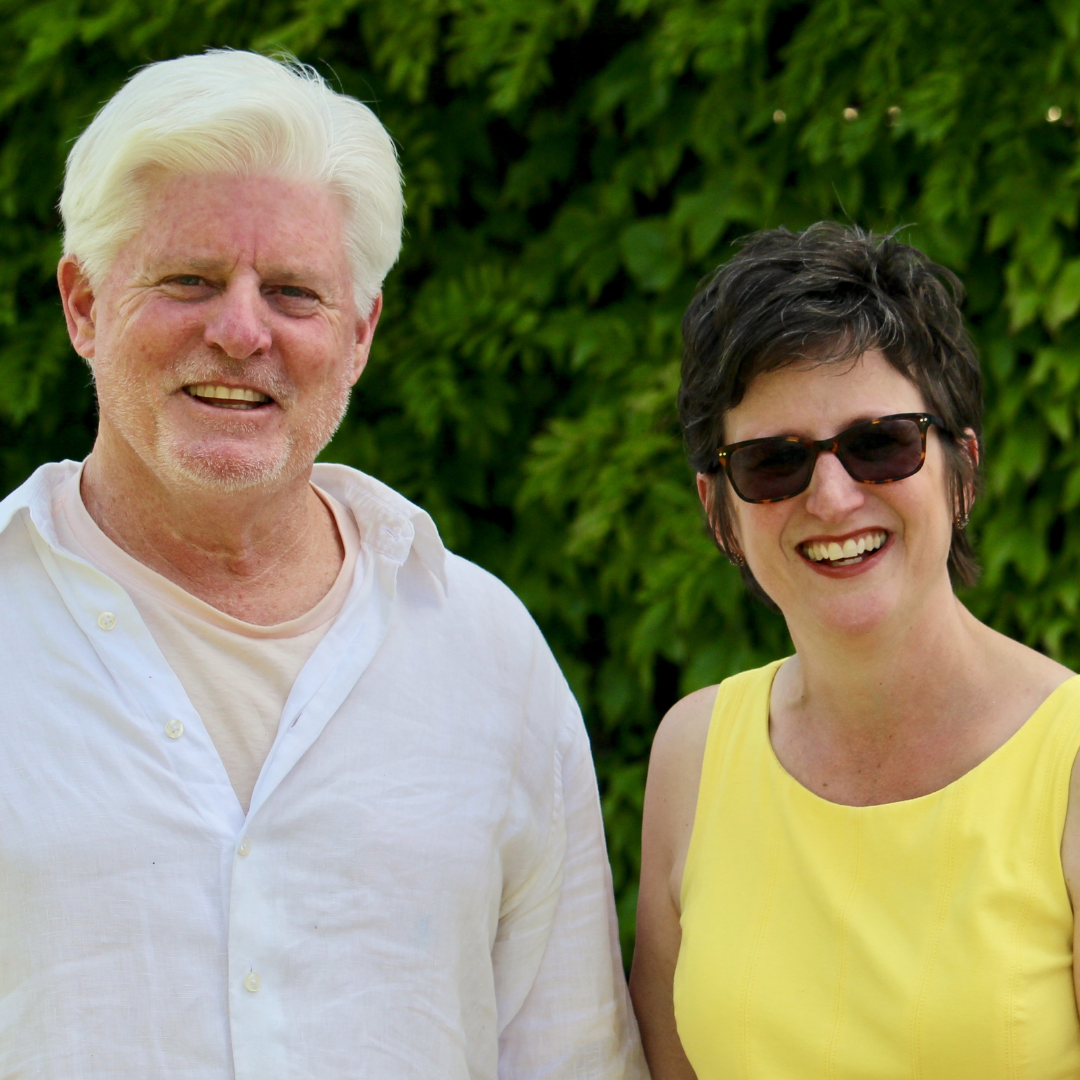


Hamed Sadeghian is breaking the mold when it comes to diversity, equity and inclusion for all those who work for his company.
As Nearfield Instruments is rocketing forward in the semiconductor industry, it is blazing a new trail in advancing women in tech.
From rethinking performance evaluations and writing gender-neutral job descriptions to considering a fifth-day-free- to work on new concepts scheme, Sadeghian and his team are not afraid of defying the status quo.
Sadeghian is the CEO and co-founder of Nearfield Instruments. The company develops cutting-edge process control metrology solutions with atom-scale resolution for the advanced semiconductor manufacturing industry.
Founded in 2016, the young company is growing fast. It is already working with the world’s leading chipmakers to increase production yields.
In its short history, Nearfield Instruments has developed into an industry pacesetter when it comes to DEI. The company admittedly does things differently and proudly proclaims that it wants to continue improving from within. For Sadeghian, these are not just empty words.
“I truly believe in it, although as a scale-up, I don't need to. I'm not a corporate which needs diversity as a KPI. So, if we do it, it’s because we believe in it.”
Sadeghian recognizes the importance of seeing things from different angles for any company, and especially for deep-tech startups.
“If you want to make a business successful, especially in deep tech, which is very risky, it all boils down to managing the risk. Managing unavoidables and avoiding unmanageables,” he says.
With a room full of similar, like-minded people, certain risks will be hidden because everyone sees the unavoidables and unmanageables from a similar angle.
“A scaling-up, deep tech company is all about sooner identifying the risk that you will hit the ball. When you have a diverse team, the chance of seeing risk from a completely different perspective is much higher,” Sadeghian went on to say.
Growing up in Iran with two sisters, he saw all the conscious and unconscious biases from a young age. After going to university, starting a company and then selling it, he decided to do something completely different.
He moved to the Netherlands to do a PhD in mechatronics. In 2011, he started the development of the current technology at TNO in Delft and built the IP portfolio. In 2016, he spun out the technology into Nearfield Instruments with co-founder Roland van Vliet.
His background and early experiences have helped shape him while his role as an entrepreneur makes him unafraid to push boundaries. This allows him to come at things from varying perspectives and question the status quo of corporate life.
“I see my responsibility to make environments such that they don't suffer from unconscious biases,” he says.
Sadeghian believes that only by doing this can the organization act naturally and organically as an ambassador and provide true motivation to others.
This includes recognizing any bias that comes from being more male-oriented, something that is still true at Nearfield Instruments. Currently, 21% of the employees are women.
“You need to have a certain mass to balance right. And that is what we are working on,” Sadeghian says.
For the company, this comes in many forms: from working with headhunters to fill some positions only with females to taking a hard look at the performance review process.
Sadeghian recognized that performance reviews are mainly male-oriented. To combat this, the company devoted resources to redesigning performance review questions and redefining career paths, such that the bias isn’t there.
“We are not there yet. We obviously still have a lot of work to do, but it is high on our agenda,” he admitted.
It’s not only DEI in which the company is trying to break the norms. The company is rethinking other areas too. One of its priorities is the Fifth Day Initiative, a scheme that would allow employees to work four days a week for the price of five.
The company has made this a target to reach by 2025 and has put in place an employee-selected working group that will work on steps and build a foundation to realize this goal.
What would this look like? Sadeghian said employees will work on their role-specific tasks and meetings four days per week. On the fifth day, the employees will be free to decide what they want to do.
The Fifth Day Initiative would give each employee space and time. This will allow them time to not only look back but also look forward, rather than running from meeting to meeting. This working scheme is meant to promote and empower ownership culture and thinking within all the employees.
“We cannot survive in semiconductor equipment, which is complex and very challenging, by micromanaging people. We cannot tell people on a daily basis, what to do. We benefit when people have time to step back and see the bigger picture. I truly believe in smart working rather than just hiring an army. To promote that, we need to create room for our people,” he explained.
Sadeghian employs this practice himself by taking every other Friday off from meetings and operations. He takes a step back to think about the long-term vision and he’s seen this time produce valuable results. He thinks it can have similar results for every member of the team.
Sadeghian has seen his share of critics of this initiative. People ask him all the time how he will know if the employees do something that relates to the company on this free day.
“I don't care,” he says. “If, at the end of the day, we have the right culture, then even if there are people that misuse it, it will filter over time. It's more important to optimize the policies of the company to maintain and enhance the culture rather than asking what will go wrong.”
Despite all the diversity initiatives that are working well in his company, when talking with Sadeghian, you quickly see that his overall optimism is tempered when it comes to DEI and society.
For all the big words, events and initiatives to empower the community, he sees a lot of it as window dressing. He believes this will quickly lose momentum if there is no real action or a clear benefit behind it.
“If you don't pay attention to bias in hiring and gender equality, it will stay with us. And if you don't do anything, it just gets worse,” he says. “You need to always have gender diversity and it's not something that you say, ‘I’ve checked this box’ and then put it aside.”
Sadeghian believes more diversity will not only lead to a better workplace for everyone, but the different perspectives will help move the deep-tech company forward faster. That’s why he and Nearfield Instruments are making conscious moves to ensure the company is more diverse and to ingrain DEI thinking into the company culture. "We do it because we believe in it.”